New charge point operators added to BP Fuel and Charge card
BP is expanding the number of charge point operators available through its Fuel and Charge card, giving its fleet customers access to more than 12000 electric vehicle (EV) charge points.
The new charge point operators added to the Fuel and Charge card include Ionity, Osprey, Fastned, Chargepoint EV, EB Charging, EV Box and Allego.
Access to one of the UK’s largest on-the-go charging networks - BP Pulse - will continue, as well as access to fuels at about 3,000 BP branded and partner retail sites.
Adrian Brabazon, head of UK fleet solutions at BP, said: “We are committed to supporting fleets of all sizes to help them achieve their decarbonisation goals.
“We believe that access to a strong on-the-go charging network is crucial to help fleets make the transition to EVs.
“This huge expansion with access to 12,000 charge points will help our Fuel and Charge customers meet their goals.”
In the UK, BP Pulse committed to spend £1 billion on EV charging infrastructure including plans to increase its rapid and ultra-fast charging network fivefold by 2030.
Charging hubs will be a key focus for the high-speed charging with hundreds of charging hubs being installed in urban areas, on trunk roads and motorways and at destinations such as retail parks and hotels.
This announcement is a part of pipeline of plans to expand roaming acceptance further for fleet customers.
Gridserve opens innovation centre
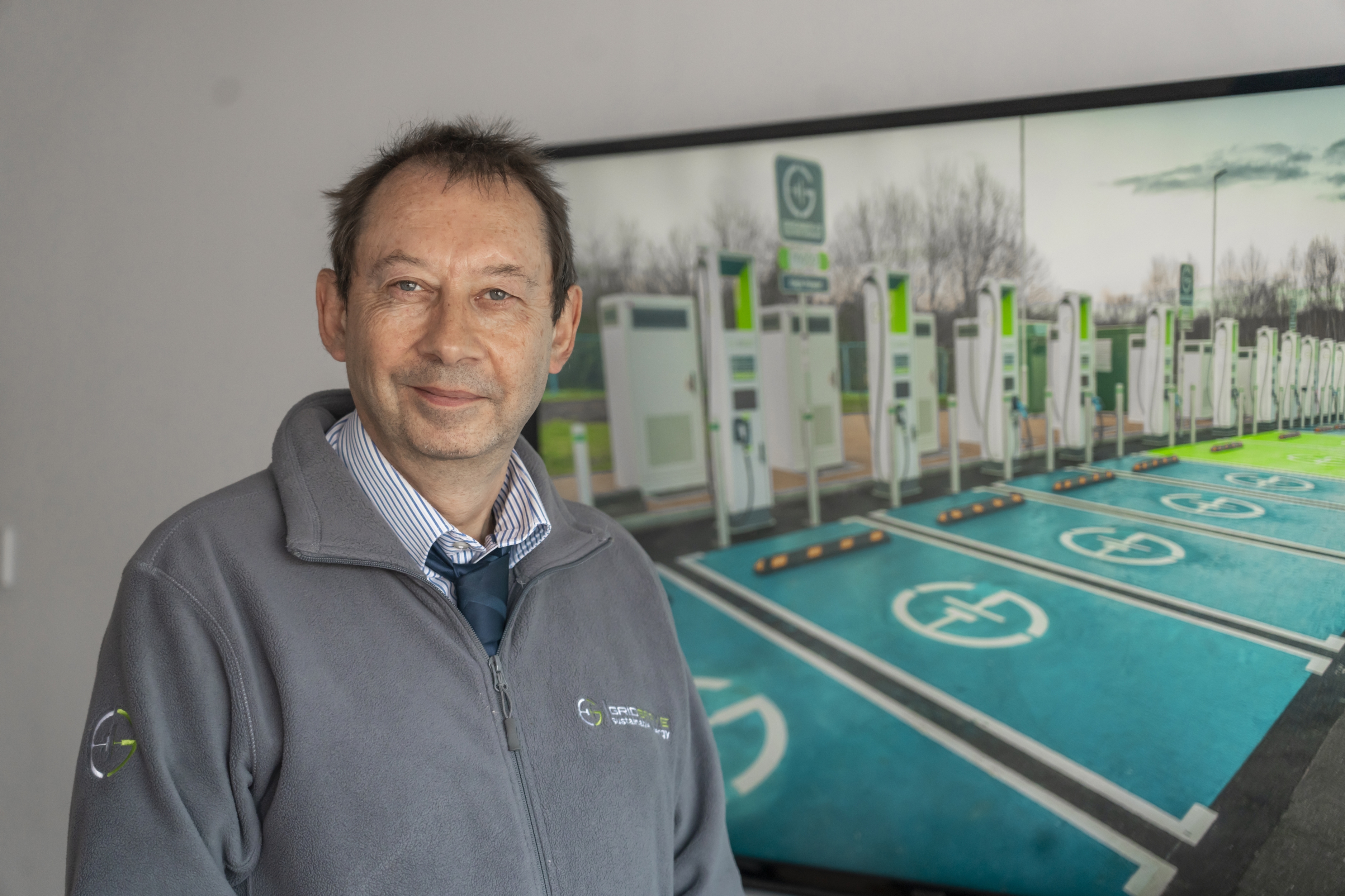
Gridserve is opening the Gridserve Innovation and Operations Centre (GIOC) in Swindon, which will be home to the newly formed Gridserve Technologies following the acquisition of Silver Power Systems (SPS).
Toddington Harper, Gridserve CEO, said: “In opening the Gridserve Innovation and Operations Centre and announcing the formation of Gridserve Technologies, we are taking big steps forward to harness the power that technology and data can deliver for the EV transition.”
Gridserve Technologies will be key to driving innovation and smart connectivity throughout the company’s Sun-to-Wheel strategy, integrating solar energy generation, battery storage, electric vehicle (EV) charging and data into a single platform.
Its edge-computing hardware is being installed and tested in the company’s charging network and with multiple types of vehicles to monitor and enhance performance.
The technology, says Gridserve, gives access to charging, battery, and vehicle data, which it is now able to use in supporting the operations of its infrastructure and networks, including assisting in the remote diagnosis of charging problems and predicting and fixing issues ahead of them affecting customers.
Pete Bishop (pictured), chief technology officer at Gridserve Technologies, and founder of Silver Power Systems, said: “We’re hugely excited about what we can achieve together and the opening of GIOC in Swindon.
“The additional resources and investment will enable Gridserve Technologies to further accelerate our unique technology development to better support Gridserve’s platform and our customers.”
Raw opens electric vehicle charging hub
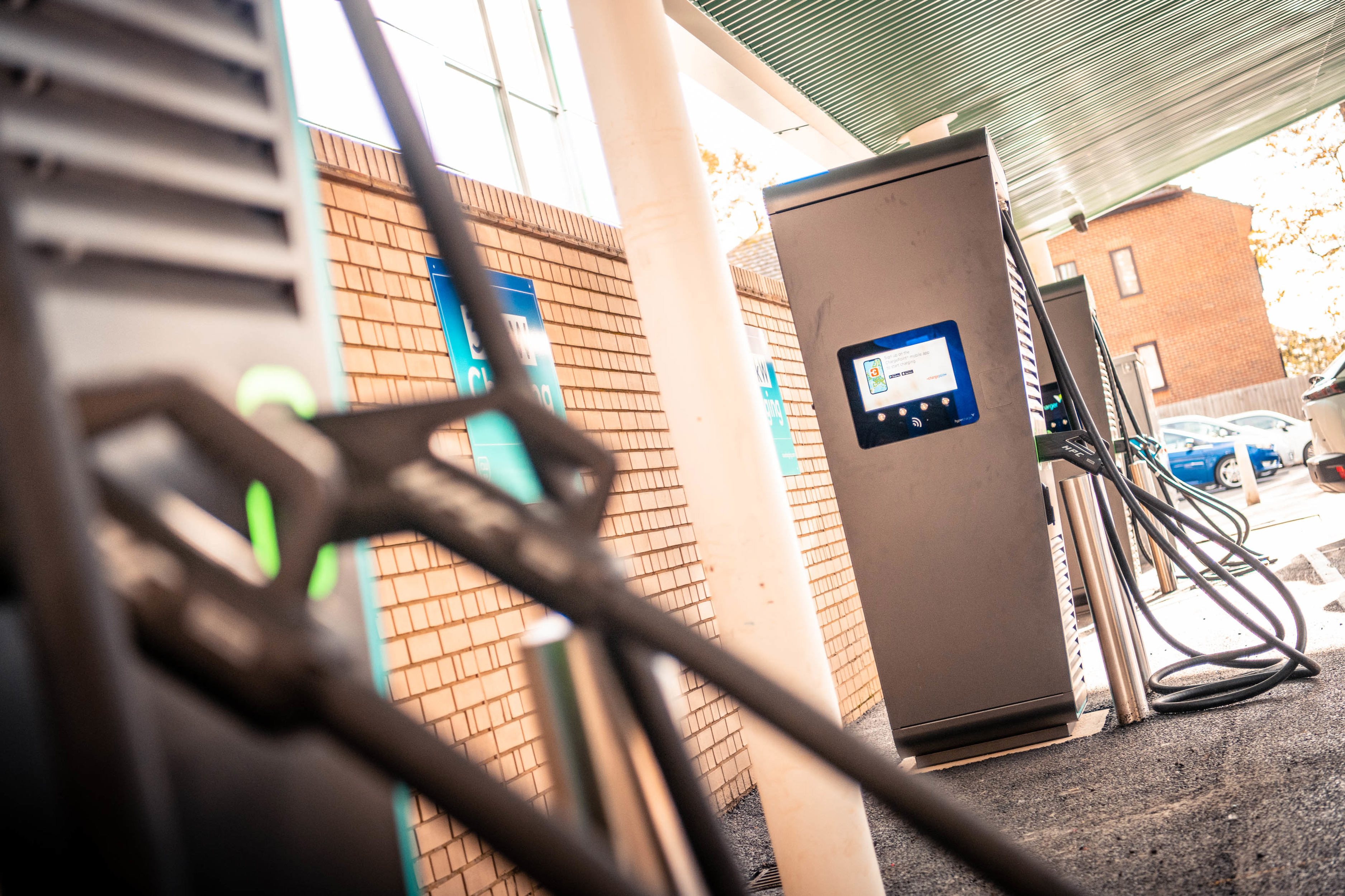
Raw Charging has launched a new ultra-rapid electric vehicle (EV) charging hub in Croydon.
Located just off Waddon Marsh Way, next to Valley Retail Park, the ChargeYard features four dual Alpitronic 150 kW chargers which will allow eight vehicles to charge simultaneously.
Drivers are given the option to pay to charge through contactless debit and credit cards, a mobile app, or RFID cards.
Bruce Galliford, Raw Charging CEO said: “The launch of our latest ChargeYard will provide a vital EV charging resource for the people of Croydon. Based in the town centre, the new location will be of great benefit to those who live and work in the area.”
He added: “By converting previously disused land we are bringing sites back into use in a sustainable way while providing a crucial resource.
“We hope increasing the availability of charging infrastructure will encourage more individuals to embrace electric vehicles as we move towards the UK’s net carbon zero future.”
Ev.Energy publishes white paper for the V2X-Flex project
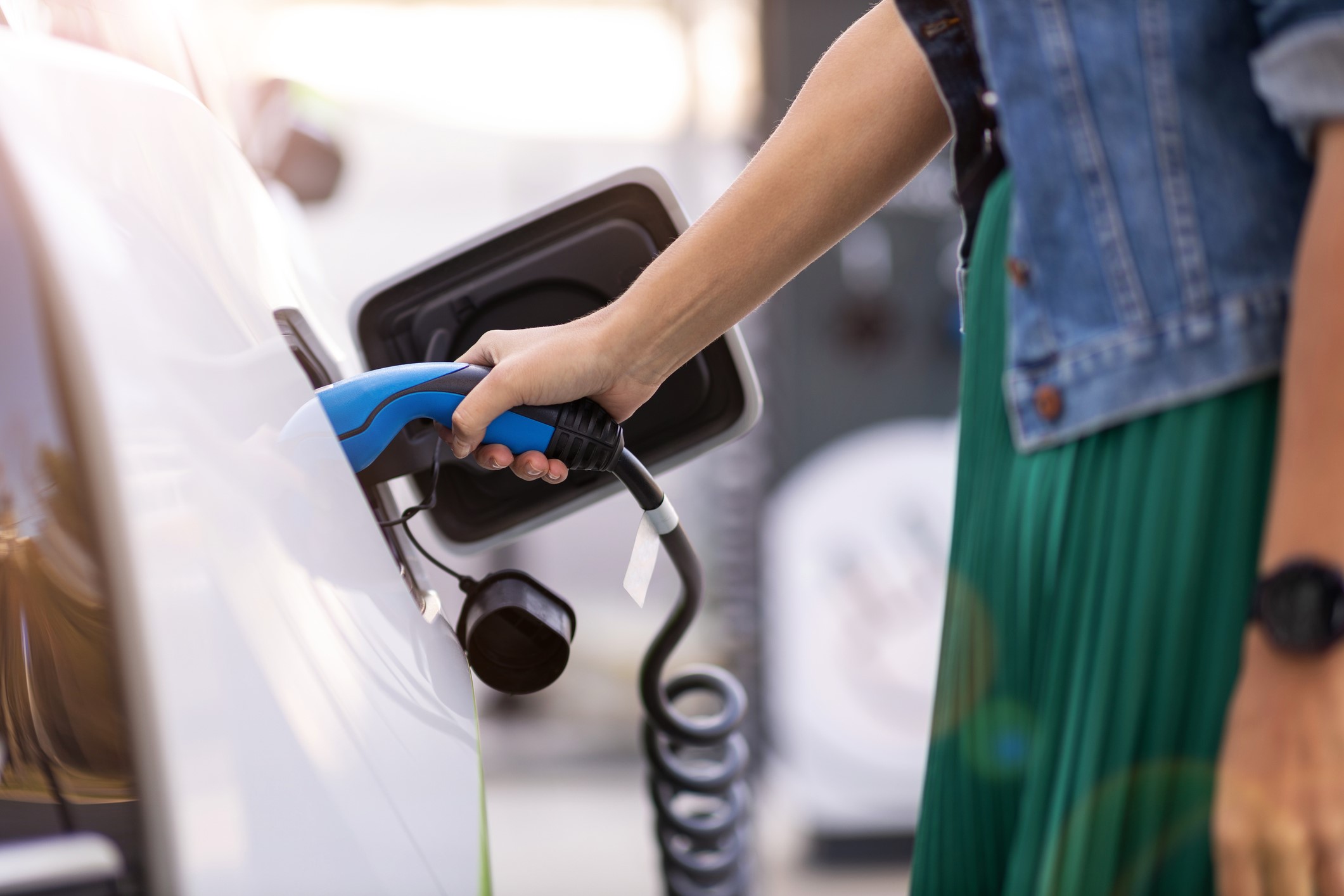
Ev.Energy has launched a white paper examining the future of EV charging and its significance in creating a sustainable energy grid and promoting cleaner air quality.
Drawing upon industry expert interviews from the UK, EU and US, as well as consumer surveys, industry reports, and data analysis, Ev.energy has produced a roadmap towards the implementation of smart bi-directional charging, enabling EVs to support the energy grid.
The white paper - Unlocking Industry Barriers to Providing Vehicle-to-Everything (V2X) Flexibility - looks at the obstacles hindering V2X energy flexibility.
It forms part of Ev.energy’s V2X-Flex project in partnership with Energy Systems Catapult.
The V2X-Flex project, part of the V2X Innovation Programme, is funded by the Department for Energy Security and Net Zero (DESNZ), delivered by Innovate-UK.
Nick Woolley, CEO and co-founder at Ev.energy, adds: “The V2X-Flex project builds on Ev.energy’s world-leading smart charging platform, incorporating bi-directional charging technologies to unlock an exciting new range of EV charging products and services.”
VRA examines impact of EVs on remarketing

The first in a new series of white papers examining different aspects of how vehicle electrification is affecting remarketing has been published by the Vehicle Remarketing Association (VRA)
Called ‘Electric Vehicle Charging: What the Remarketing Sector Needs to Know’, it has been written by battery electrochemist Euan McTurk, creator and presenter of Plug Life Television, a YouTube channel about battery technology and electric vehicles (EVs).
The document covers topics including the current public recharging infrastructure, the types of charging facilities remarketing companies might need, advice on how remarketing companies should handle EV movements and what the remarketing sector needs to do to maximise take-up of second-hand EVs.
Philip Nothard, VRA chair, said: “We are finding that there is huge and growing demand for briefings on the remarketing of EVs from our members.
“They are aware that the numbers of electric cars and vans seen so far in the used sector are just a trickle compared to the flood that will arrive over the next couple of years and recognise their need to prepare for this shift.
“Also, of course, the collapse in values seen in recent months has created a huge amount of trepidation and uncertainty.
“Through the white papers, we’ll be attempting to answer some of the sector’s biggest questions and create a bedrock for future discussions and best practice.”
Further details about downloading the white paper can be found here.

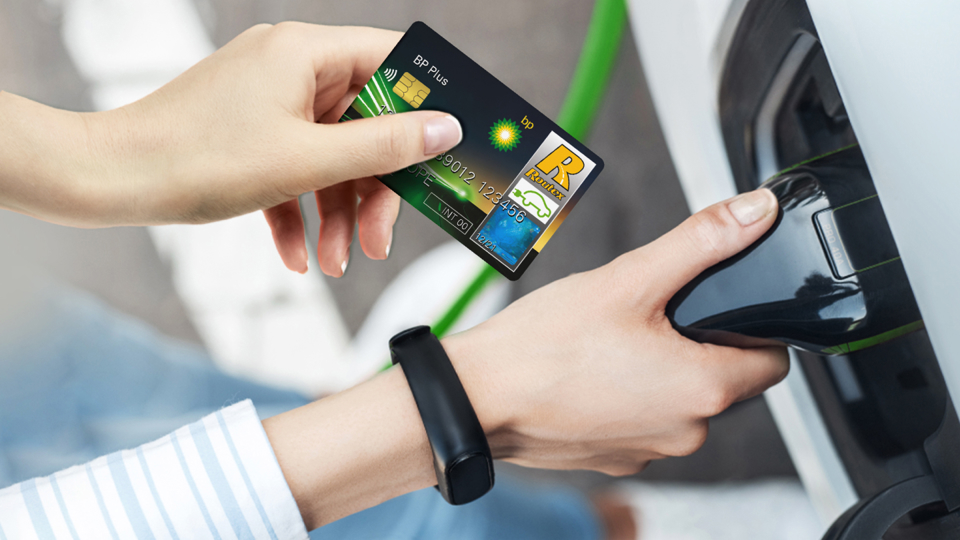




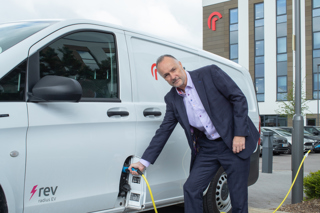

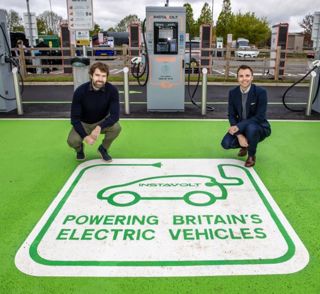
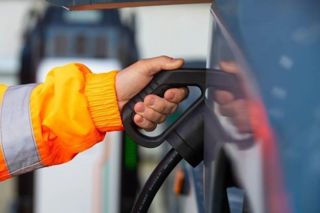
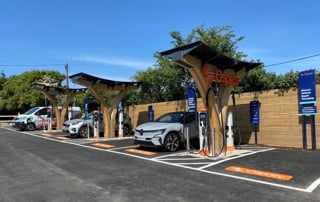











Login to comment
Comments
No comments have been made yet.